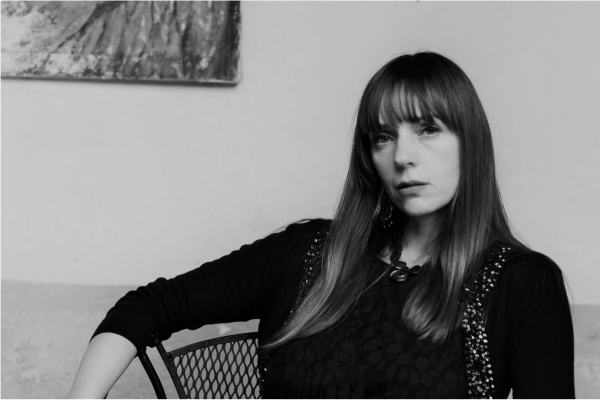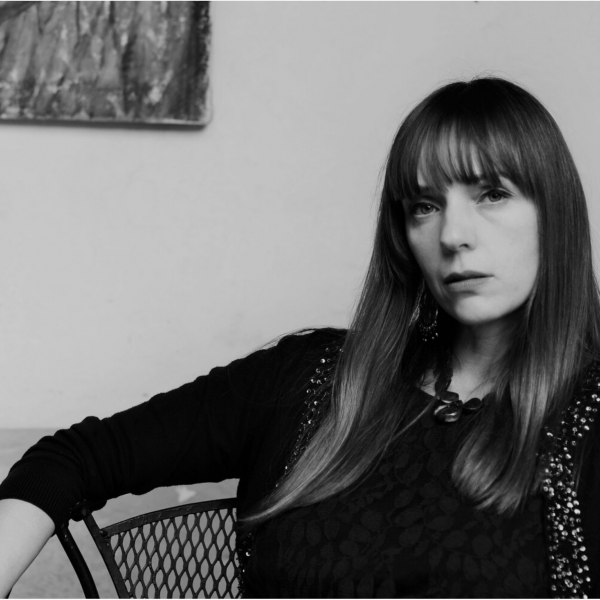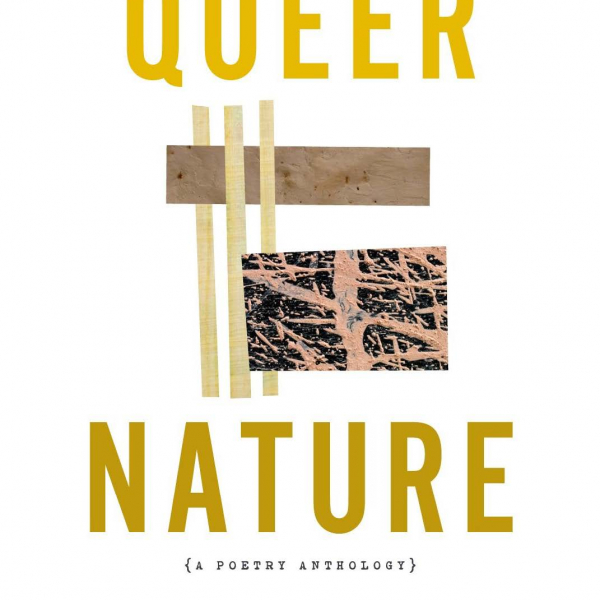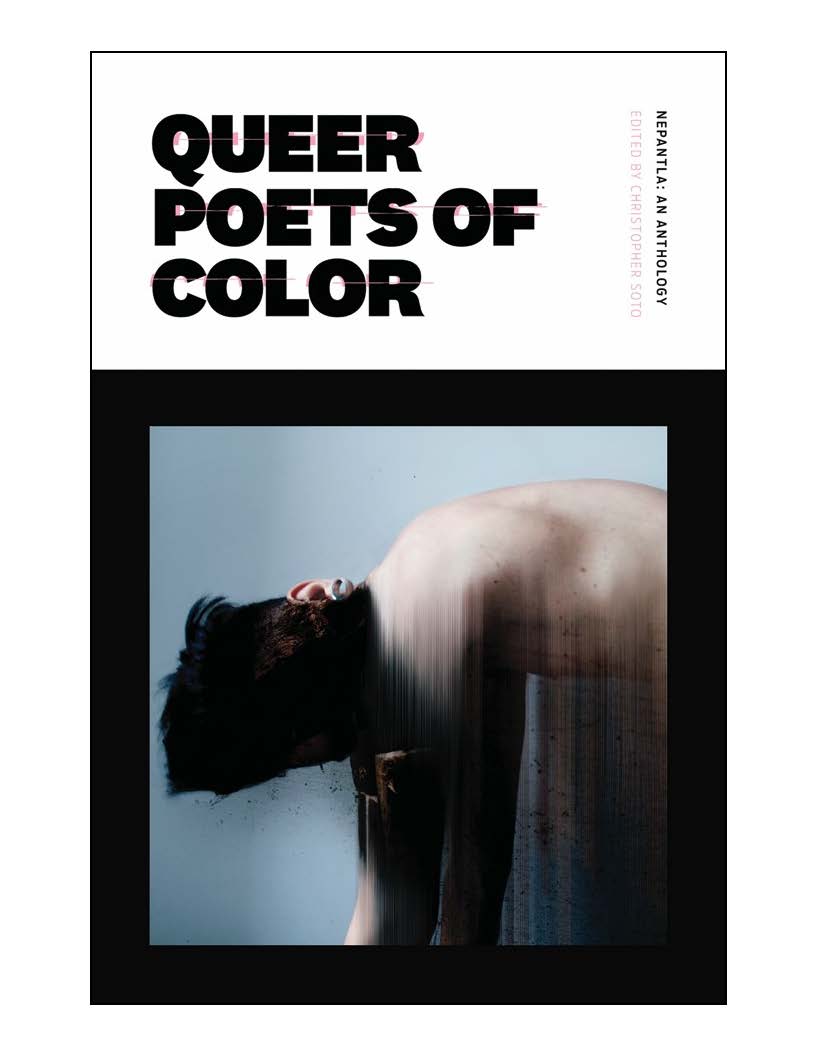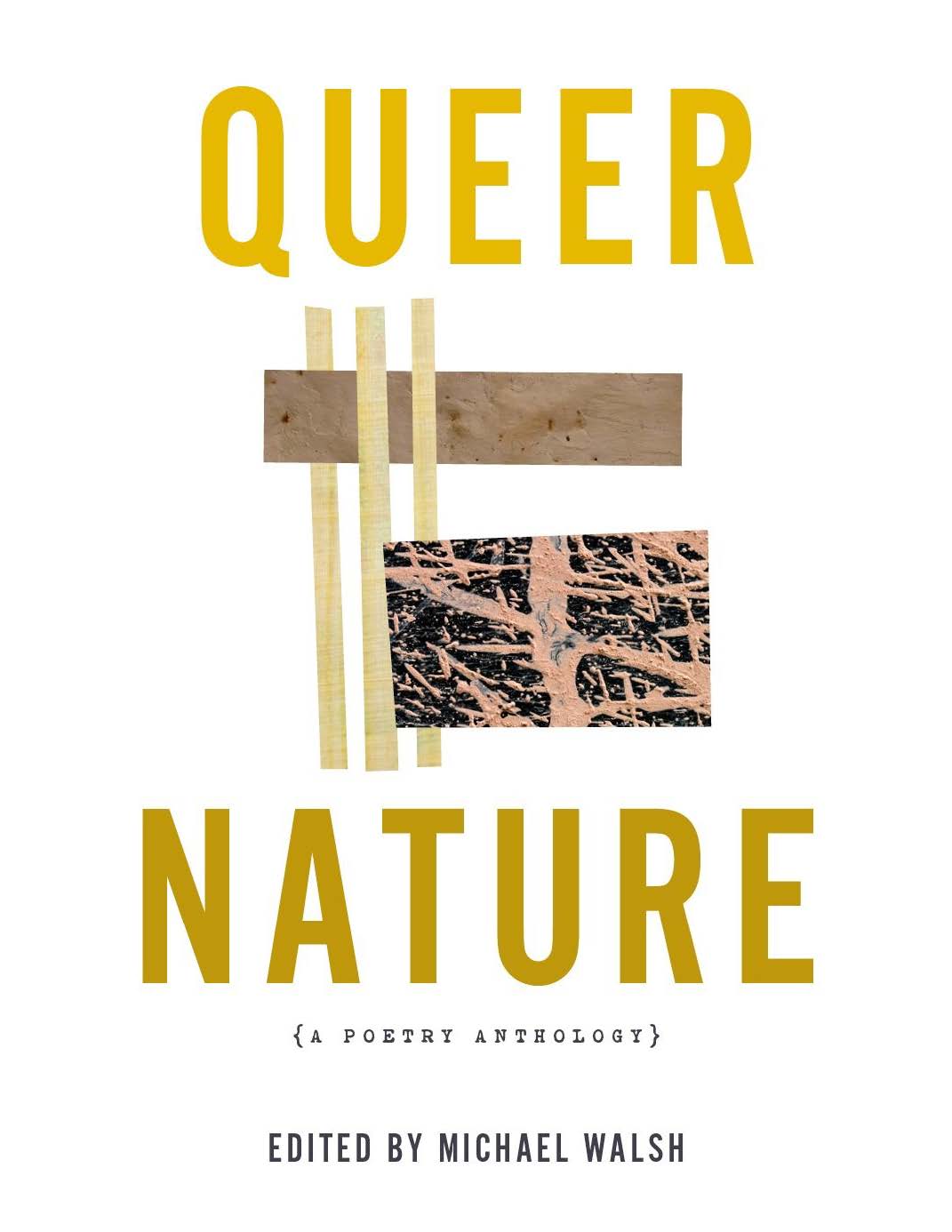Avant-Garde Poetics, Translation, and Ecofeminism
Sarah María Medina studies and translates avant-garde poetry written in Spanish, with a focus on texts linked to ecofeminism. Her interdisciplinary research interests include Avant-Garde poetics, anti-colonial translation theory, ecofeminism, affect theory, and queer ecology. She is currently translating the Uruguayan poet, Marosa di Giorgio´s La Falena. The collection of poems functions as allegories for specific acts of violence (both the personal and communal), yet also extends beyond allegory, building an alternative historical narrative of a country's survival after the civic-military dictatorship in Uruguay. Medina´s writing and translations have been published in Poetry Magazine, Asymptote, Prelude, Black Warrior Review, Poetry NW, and elsewhere. Her work is also found in Nepantla: An Anthology Dedicated to Queer Poets of Color (Nightboat Books, 2018), and in Queer Nature: A Poetry Anthology, centering LGBTQIA+ voices in a collection of contemporary nature poetry (Autumn House Press, 2022). She is the recipient of an ARTIST UP Grant LAB, a Jack Straw Writer fellowship, a Caldera AIR, and the Black Warrior Review poetry prize.
Medina received her Bachelor of Arts in Comparative History of Ideas at University of Washington in Seattle, a Master of Fine Arts in poetry at Washington University, and she is currently pursuing a PhD in the International Writers Track in the Comparative Literature department at Washington University in St. Louis. Since arriving at Washington University, she has received a teaching fellowship in creative writing and has taught classes in introduction to poetry in the English department. Additionally, she has been an assistant instructor in World-wide Translation: Language, Culture, Technology, an interdisciplinary translation class in Global Studies and Comparative Literature; a co-instructor for the Merle Kling Undergraduate Honors seminar, supporting students in humanities research projects, engaging in interdisciplinary work and conversations about the role of the humanities in college and in public life; and an assistant instructor in World Literature, an introductory course focused on literary works from different parts of the world, from the early twentieth century to the contemporary period.
Furthermore, she is interested in archival work, and recently curated an exhibit, Wherein I Am: Highlights from the Aaron Coleman Papers, in the Julian Edison Department of Special Collections, highlighting Coleman´s poetry, as well as his study of poetry and translation of the African Diaspora in the Americas. She was recently awarded a fellowship for the Born-Digital Poetry: Planning for the Future of Literary Archives, which is centered in the University Libraries Modern Literature collection, and which focuses digital preservation, and the ways in which poetry is created in a digital era. Medina has also been a summer fellow for the Mellon Seminar, Theorizing Bodily Autonomy: Gender, Sexuality and Coloniality, and the Mellon Seminar, The Object Lovers: Intellectual Life and the Limits of the Human. She is also a recipient of a Divided City Graduate summer research fellowship, focusing on the body poetics of Nahui Olin & Anita Brenner in Mexico City´s Avant Garde, and the relationship between the body and nature within these works of art, framing the works within a decolonial, ecofeminist, and queer urban ecologist lens.
Recently, she was awarded a Global Futures grant from Global Studies, supporting her research in avant-garde ecopoetic networks in San Cristobal de Las Casas, México. During her travel, she considered primitivism, embodiment, affect, and ecocriticism in the photographs of the environmentalist, Gertrude Duby Blom, whose archives are located in Southern Mexico. Medina´s methodology draws on Latin American feminist theory, and an ecofeminist framework alongside affect theory that considers the environmental impact on the body, placing transnational poetics in relation to experimental photography. The research is intersectional, considering inter-imperiality, sexuality, race, and the coloniality of gender, alongside queer ecologies, and ecofeminism.

